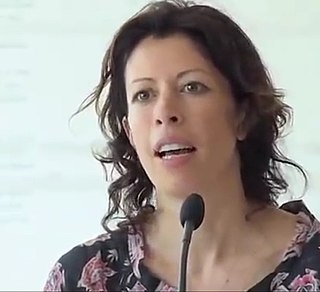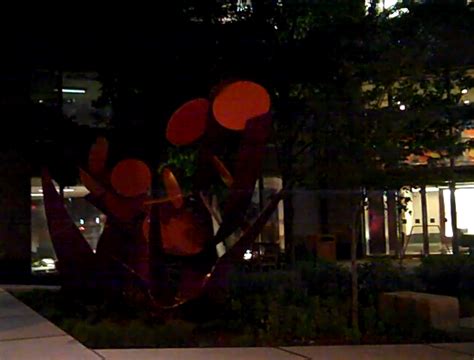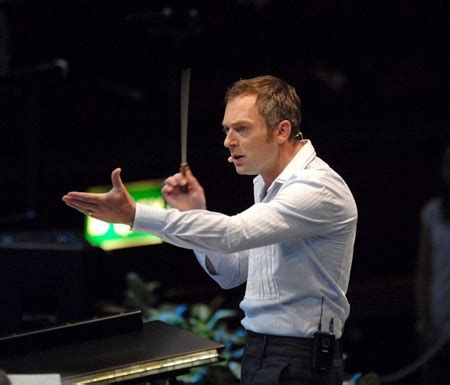A Quote by Cecily Brown
I'm not the kind of artist who has an idea and then carries it out; it's more like I find what the idea was through doing the paintings.
Related Quotes
It is very hard to enroll people in anything. And there is a very big difference between the words motivate and inspire. Motivation means we have an idea and we are going to carry through on that idea. We work hard at it, and we are disciplined. A highly motivated person takes an idea, goes out there, and won't let anybody interfere with them. Inspiration is exactly the opposite. If motivation is when you get hold of an idea and carry it through to its conclusion, inspiration is the reverse. An idea gets hold of you and carries you where you are intended to go.
I decided that the whole idea of what it means to be an artist was that somehow you are ontologically oriented toward poverty : "As an artist, you don't make money." I had to figure out some kind of way to guarantee that I'd be able to continue doing the work that I wanted to do, whether I made money from the work I was doing or not.
My introduction into making records was through a sampler, and that's what I did for a long time. And through doing that over a period of time and kind of coming out of it, I've realized that one of the reasons it works so well for me, one of the reasons psychologically I took to the process so well, was because I'm a problem-solver by nature. If you stick me in a void, I don't do so hot. As soon as there's one little thing to spark an idea, and then I have something to bounce off of - then I'm all right. But until I have that, like in that void, it's kind of hard.
We're living history all the time, in the papers, in the news, you think about stuff and it goes into your brain and you think about it and it comes out somehow. You have an idea; you've heard a phrase, or you're angry, or something disturbs you, or something seems paradoxical to you, you explore that idea, much like a writer would explore maybe an idea through metaphor. Maybe artists use their vehicle to explore ideas, so I think the things that interest me are the kind of idea of continuous change and how nothing stays the same and it's always disintegrating into something more.
I really don't like going out. I don't like restaurants because I don't like the idea of someone, a waitress, being responsible for my evening. I like seconds, and more, and lots of conversation, and I've always hated the idea that in a restaurant an evening just ends. I find that incredibly depressing.
Paintings don't just happen. I am not a proponent of the idea of an artist as someone who kind of magically makes things and has no real control or isn't willfully producing a certain kind of thing. It is labor-intensive, and it is research-intensive. You are making one decision after another, trying to get at something you think is important.
The way Fatboy Slim layers motifs is the same as 18th-century baroque counterpoint. You have an idea, then you have an answer to the idea in another voice, then you have a counter idea accompanying the original idea, and you build up your texture like that. I'm really into Kruder and Dorfmeister at the moment, and they do the same thing.






































